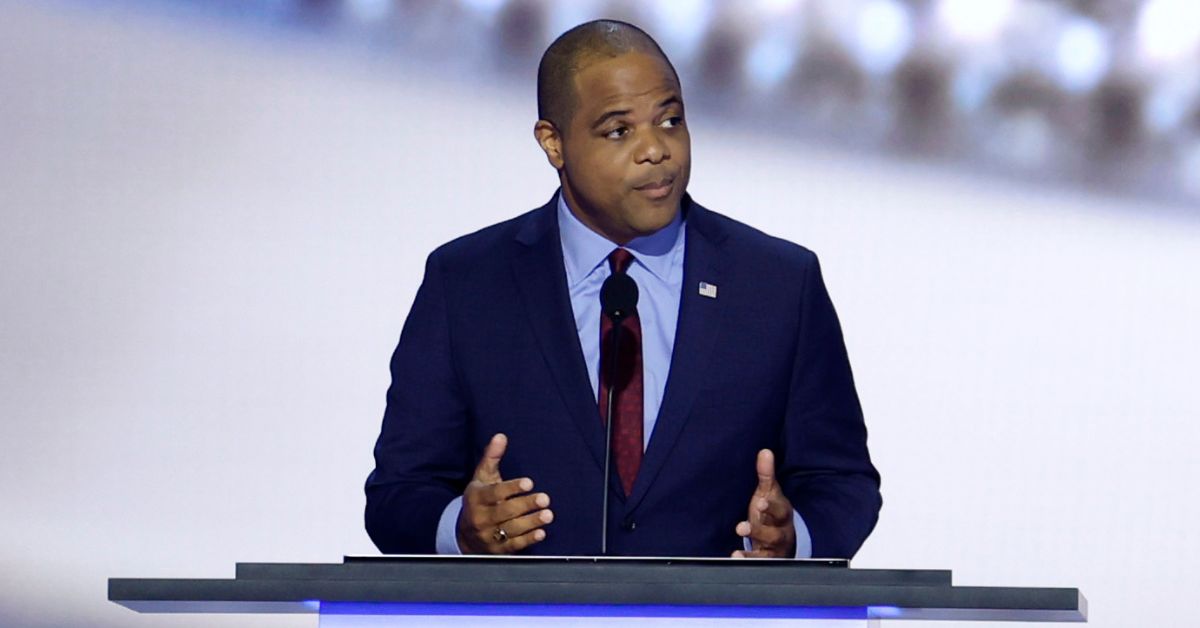Dallas Mayor Eric Johnson is pressing City Council to reconsider a $25 million offer from federal immigration authorities that Police Chief Daniel Comeaux rejected — a move that highlights how Dallas continues to fall short of the voter-mandated police staffing and pay standards set by Proposition U.
Comeaux’s decision to decline participation in U.S. Immigration and Customs Enforcement’s 287(g) program has now prompted a formal directive from the mayor, who instructed key council leaders to meet with ICE officials and evaluate whether the deal could help Dallas boost its police ranks without raising costs.
Mayor: Decision Shouldn’t Be Made Alone
In a memo sent Friday, Johnson directed the chairs of the Public Safety and Government Efficiency committees — Council Members Cara Mendelsohn and Maxie Johnson — to convene a joint meeting with ICE representatives and Police Chief Daniel Comeaux to discuss the merits of the 287(g) program, as first reported by The Dallas Morning News.
“Clearly, participation in ICE’s Task Force Model could provide significant financial benefits to the city,” Johnson wrote.
“Dallas might be forfeiting significant direct financial benefits by declining ICE’s offer,” he added.
“Decisions on matters like this — especially one involving $25 million of public funds — should be made by elected policymakers after receiving public input,” he said, according to WFAA.
Johnson said the program could “act as a ‘force multiplier,’ providing a path for the Dallas Police Department to deploy additional resources to reduce violent crime at lower cost to taxpayers.”
He also cited Senate Bill 8, a new state law requiring Texas counties with jails to establish 287(g) partnerships with federal immigration authorities by 2026. While the law applies to county sheriffs rather than city police departments, Johnson pointed to it as evidence of growing statewide cooperation with ICE.
Comeaux Defends Rejection
Comeaux, a former federal agent, said during an October 14 Community Police Oversight Board meeting that he immediately turned down ICE’s offer.
“We were contacted by the federal government … and we were offered $25 million to be a part of 287(g),” Comeaux told the board. “We said, ‘Absolutely not, no.’ That was me who said that, turned it down.”
He stressed that Dallas officers do not engage in immigration enforcement and will not begin doing so.
“We have had no officers going out with ICE agents to make immigration arrests,” Comeaux said. “We don’t have the authority to do that, nor will we do that.”
What the ICE Agreement Does
According to the Department of Homeland Security’s 287(g) Task Force Model Memorandum of Agreement, local officers deputized under the program may “perform certain functions of an immigration officer under the direction and supervision of ICE.”
These include the authority to interrogate and arrest individuals for suspected immigration violations, serve and execute immigration warrants, and prepare charging documents such as Notices to Appear.
The agreement specifies that participating law-enforcement agencies are responsible for their own personnel expenses — including salaries, benefits, and local operations — while ICE covers training, supervision, and travel for instruction. It also states that deputized officers act “under color of federal authority” and must follow federal civil-rights and complaint-review procedures.
Context: Staffing, Budget, and State Mandates
Johnson’s directive comes as Dallas continues to operate below the staffing and pay standards required by Proposition U — the voter-approved charter amendment mandating at least 4,000 officers and competitive compensation among the top five North Texas departments.
As previously detailed by The Dallas Express, the city’s FY 2026 budget projects just 3,424 sworn officers — 576 short of the charter-mandated minimum. That same budget placed Dallas’ base starting police pay 12th among area departments, well below the top-five benchmark voters required.
Johnson’s push follows months of public concern over delayed emergency-response times and ongoing recruitment struggles that continue to strain existing officers.
Council Reaction Highlights Divide Over Priorities
The mayor’s proposal exposed familiar divisions within the City Council over law-enforcement funding and public-safety priorities.
Council Member Jaime Resendez called the 287(g) partnership “a politically charged topic,” while Council Member Adam Bazaldua — who publicly urged residents to vote against Proposition U in 2024 — again voiced opposition, dismissing the plan as an attempt to “get attention from the [Trump] administration and other political leaders.”
Their opposition came despite continuing data showing the Dallas Police Department remains hundreds of officers below voter-mandated levels, with emergency-response times still exceeding city targets.
While Johnson framed the ICE offer as a financial tool to bolster police ranks without raising taxes, critics offered no clear alternative for how the city might meet its Prop U obligations.
What Comes Next
Johnson’s directive to Mendelsohn and Maxie Johnson sets up the first formal discussion between City Hall, ICE, and the Dallas Police Department since Comeaux’s rejection of the federal offer. A date for the joint committee meeting has not yet been announced.
Whether the City Council reopens talks with ICE could determine whether Dallas finally meets its Prop U requirements — or continues to fall behind its suburban neighbors in staffing, pay, and public-safety performance.

